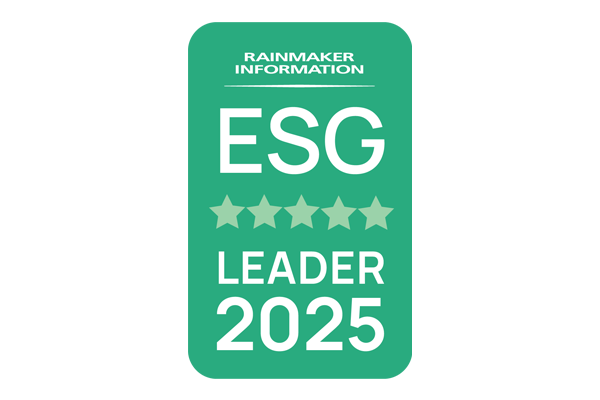Why responsible investing is important to our approach
We believe companies that are well-governed and manage Material1 Environmental, Social and Governance (ESG) risks and opportunities in their operations and supply chains, such as those that impact employees, suppliers, customers, communities and the environment, will protect assets and grow our members’ retirement savings over the long term.
1 Material ESG risks and opportunities are those that are likely to affect business or investment performance.
Our key beliefs

We act in our members’ best financial interests

We aim to apply our approach across most of our portfolio in accordance with our Responsible Investment Policy 2

We advocate for a more sustainable future with the aim of protecting long-term investment returns for our members
2 As at 1 September 2025, our Responsible Investment Policy does not apply to cash, derivatives or overlays.
How we invest responsibly
We believe that our responsible investment approach helps manage risk, supports long-term investment returns, and is consistent with our duty to act in members’ best financial interests.
At Cbus Super, responsible investment means considering Material ESG risks and opportunities that are likely to affect business or investment performance, as one input in the investment decision making process (integration). We also use active stewardship (voting and engagement) to protect and preserve value for our members and play a role in shaping the systems we operate and invest in, through policy and regulatory advocacy.
Our approach to responsible investment varies depending on the investment strategy, asset class and how investments are managed (internally, or externally via a mandate or pooled vehicle). This means the implementation of responsible investment may be tailored within and between asset classes, investment strategies and investment structures.
Through integration
Every company or asset that we invest in is exposed to a different set of Material ESG risks and opportunities. Our integration approach is iterative and underpinned by continuous improvement. It is supported by various activities, including investment manager selection and monitoring processes, investment manager ratings and investment monitoring with third-party data support.
While integration is preferred, there are circumstances where we may consider exclusion of a sector or a specific asset type or stock from the Fund’s investment portfolio having regard to members’ best financial interests.
Please refer to the section ‘Our approach’ for further information regarding our approach to exclusions.
We are active stewards
Our Stewardship Framework aims to deploy our resources and influence as an investor with the goal of protecting and preserving value for members’ retirement savings.
Our stewardship activities include advocacy, the suite of rights attached to our shareholdings, and engagement.
Further information about our stewardship process including our partner organisations and initiatives, and our Stewardship Statement, can be found under the section ‘Our approach’.
We identify key areas of focus
We have identified a set of portfolio-wide ESG priorities for increased focus across our integration, stewardship and research work to protect and preserve member value.
These priorities generally represent a financial risk to our portfolio, are the subject of regulation, or are closely linked to our members and the industries they work in. Our current portfolio-wide priorities are climate change, nature and biodiversity loss, modern slavery, workplace health and safety, and investing in the real economy.
We adapt and we are evidence based
We work to ensure our priorities continue to align with our members’ best financial interests through time and we scan the horizon so we are aware of issues that will become prominent into the future.
We use a wide range of research and data to measure, support and evolve our evidence-based approach. Our strategies and approaches are underpinned by an assessment of best practice coupled with a view of what is fit for purpose for the Fund.
We are transparent
We measure our activities and report on our progress, so our members can be confident that we do what we say we do.
We partner
We recognise that through partnership and collaboration we can share knowledge and learnings and protect our portfolio from systemic risks.
Want to learn more?
Our Responsible Investment Policy (PDF) sets out our general approach to responsible investment. Our approach to implementing this policy, including specific processes applied to the Fund’s investments and/or investment options, is guided by our Investment and Board Governance frameworks. We publish a Responsible Investment Supplement (PDF) on an annual basis, which details the activities the Fund undertakes each year within our responsible investment approach.
Our approach
Advocacy
Some of the biggest issues facing the world today, such as climate change and nature and biodiversity loss, cannot be solved by individual action alone. While these issues pose both risks and opportunities to our investment portfolio, they are also more far reaching. They pose systemic risks beyond our portfolio, potentially negatively impacting the health and wellbeing of our members, the industries they work in, and the functioning of the broader financial system.
As stewards of our members’ money, we have a role to play in shaping the systems in which we operate and invest, driving better outcomes for our members and the world in which they will retire. We consider public policy advocacy to be a key tool through which we can contribute to the shaping of policy, regulation and standards that are needed to reduce systemic risks.
We aim to shape the systems in which we operate and invest through:
- Direct engagement with government, policy makers and standard setters
- Supporting initiatives aimed at reducing systemic risks
- Adding our name to public investor statements
- Contributing to consultations directly or collaboratively on policy, regulation and standard reforms
We have a preference to undertake advocacy through partnering with other stakeholders, as we believe this to be most effective. For more information see participation below.
For more information see our Responsible Investment Supplement (PDF) or refer to the submission section.
Integration
Every company or asset that we invest in is exposed to a different set of Material ESG risks and opportunities. Our integration approach is iterative and underpinned by continuous improvement. It is supported by various activities, including investment manager selection and monitoring processes, investment manager ratings and investment monitoring with third-party data support.
While integration is preferred, there are circumstances where we may consider exclusion of a sector or a specific asset type or stock from the Fund’s investment portfolio having regard to members’ best financial interests. Please see our exclusions below.
Active stewards
Our Stewardship Framework aims to deploy our resources and influence as an investor with the goal of protecting and preserving value for members’ retirement savings.
Our stewardship approach involves:
- Advocacy
- Informed voting
- Engagement with companies we invest in
- Considering the stewardship practices of our external investment managers
Our Thematic Priorities:
- Climate change
- Corporate governance
- Diversity, equity, and inclusion
- Human rights
- Inequality
- Modern slavery
- Nature and biodiversity loss
- Worker's rights
- Workplace health and safety
For further information see our Stewardship Statement (PDF) , as well as our Responsible Investment Supplement (PDF).
Proxy voting
Voting at company meetings is one way we can exercise our shareholder rights. This may include a right to nominate or vote with respect to the nomination of directors we believe best represent our members’ financial interests.
For ASX 300 and directly held, actively managed global companies, our voting is guided by the ACSI Corporate Governance Guidelines (PDF). These are developed in consultation with ACSI members (including Cbus Super) and a broad group of stakeholders.
There are circumstances where we may not vote, including where we hold our interest through a pooled fund, or as a result of securities lending, share blocking or power of attorney market requirements. Read our Responsible Investment Policy (PDF) for further information.
We apply criteria approved by the Investment Committee to identify meetings / proposals for internal review. As part of this review, we consider a range of inputs from fund managers, service providers, other stakeholders (where applicable) and engagement with the company to inform our vote decision.
We disclose voting positions after the relevant meeting here. See also the summary of proxy voting in our Responsible Investment Supplement (PDF).
Engagement
We engage with a broad range of stakeholders including our investment managers, listed companies, and directly held unlisted companies.
The Fund's engagement program uses multiple mechanisms to seek to protect assets and preserve the value of its members' retirement savings.
We undertake three types of engagement:
- Direct - involves meetings with a company on financially material ESG risks and opportunities.
- Service providers - through the Australian Council of Superannuation Investors (ACSI) for Australian shareholdings and through EOS at Federated Hermes for our global shareholdings.
- Participation - with industry partners and other investors. For example, through the Climate Action 100+ initiative and Investors Against Slavery and Trafficking Asia Pacific (IAST APAC).
View an illustration of our Stewardship process.
Evidence driven
We use a wide range of research and data to measure, support and evolve our evidence-based approach. We work to ensure our priorities continue to align with our members’ best financial interests through time and we scan the horizon so we are aware of issues that will become prominent in the future.
Participation
We participate through the following organisations and initiatives:

Australian Council of Super Investors (ACSI)
Cbus Super is a founding member of ACSI and is a representative on its member council and board. ACSI exists to provide a strong, collective voice on environmental, social and governance (ESG) issues on behalf of its members, Australian and international asset owners and institutional investors who collectively manage over $1.9 trillion in assets.
ACSI supports Cbus through research, engagement, advocacy and voting recommendations, to enhance the long-term value of retirement savings of Cbus members. Our Chief Executive Officer, Kristian Fok is on the Board of ACSI and our Head of Responsible Investment sits on the Member Advisory Council.
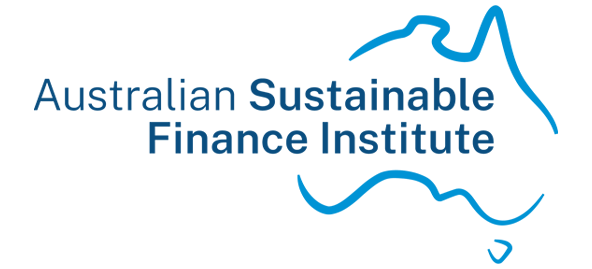
Australian Sustainable Finance Institute (ASFI)
Cbus Super is proud to share our ongoing commitment to shaping a more sustainable Australian finance sector by way of our Membership with the Australian Sustainable Finance Institute (ASFI). ASFI grew out of an unprecedented collaboration between the finance sector, that wanted to come together to help shape an Australian economy that prioritises human well-being, social equity and environmental protection, while underpinning financial system resilience and stability.
ASFI’s work continues on to build in the collaboration between Australia’s major banks, superannuation funds, insurance companies, financial sector peak bodies and academia as well as government and regulators, that developed the Australian Sustainable Finance Roadmap, launched in late 2020. ASFI’s work focuses on realigning the finance sector to create a sustainable and resilient financial system by directing capital to support greater social, environmental and economic outcomes consistent with the roadmap. Cbus’ Chief Executive Officer, Kristian Fok is the chair of ASFI.
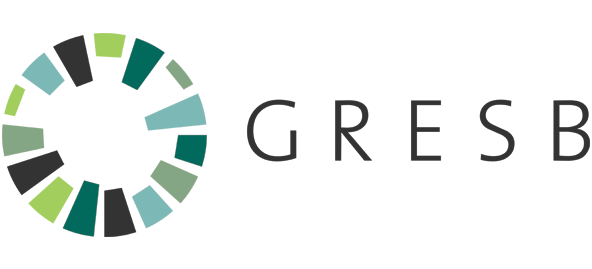
The ESG Benchmark for Real Assets
Cbus Super is an investor member of GRESB real estate and infrastructure. GRESB is a mission-driven and industry-led organisation providing standardised and validated Environmental, Social, and Governance (ESG) data to financial markets. Established in 2009, GRESB has become the leading ESG benchmark for real estate and infrastructure investments across the world, used by more than 150 institutional and financial investors to inform decision-making. For more information, visit GRESB.com.
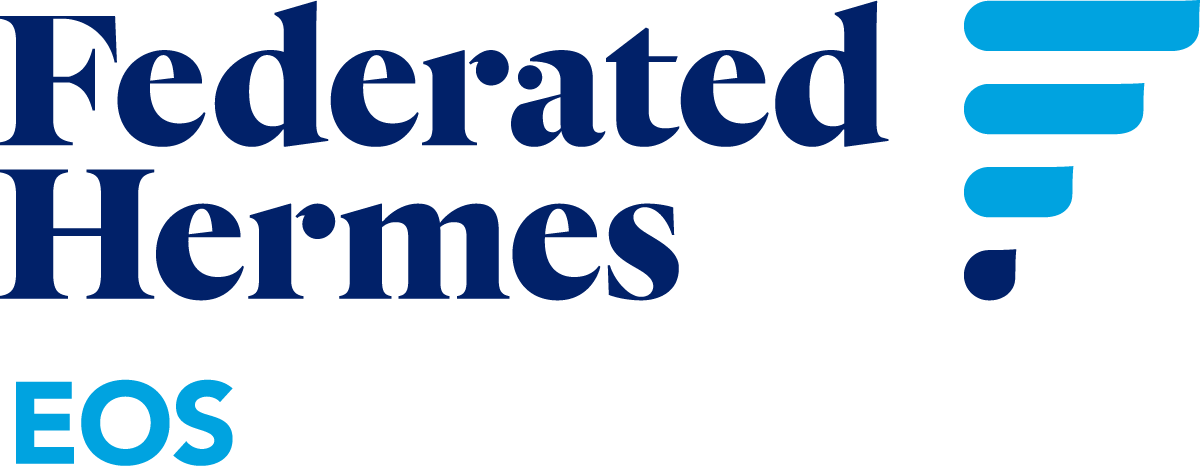
EOS at Federated Hermes Limited
Cbus Super is a client of EOS at Federated Hermes Limited, an organisation that undertakes engagement, voting and advocacy in relation to global companies. The aim of EOS is to seek positive change for its clients, the companies and the societies in which they operate.
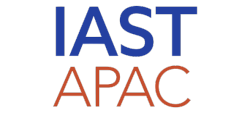
Investors Against Slavery and Trafficking Asia Pacific (IAST APAC)
Cbus Super is a member of the Investors Against Slavery and Trafficking Asia Pacific (IAST APAC) initiative which is an investor-led, multistakeholder project. It was established in 2020 to engage with companies in the Asia-Pacific region to promote effective action in finding, fixing and preventing modern slavery in operations and supply chains.
Investors can achieve greater impact working collaboratively and drawing on various sources of knowledge and expertise to assess and address modern slavery risk in operations and supply chains. IAST APAC comprises 50 investors with AU$12 trillion in Assets Under Management (AUM), together with the Australian Council of Superannuation Investors (ACSI), Walk Free and the Finance Against Slavery and Trafficking (FAST) initiative.
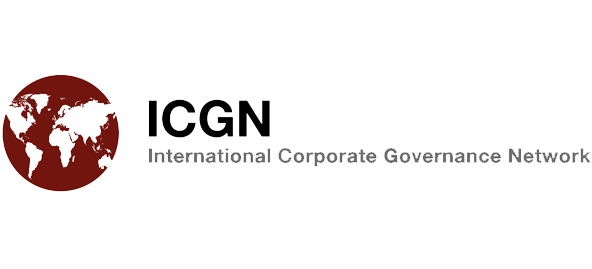
International Corporate Governance Network (ICGN)
Established in 1995 ICGN advances high standards of corporate governance and investor stewardship worldwide. Its network includes the world’s largest public pension funds and asset managers. ICGN focuses on Governance.
ICGN focuses on:
- Policy impact: Engaging with standard setters, policy makers and regulators
- Networking: Bringing members together to share views, learn from each other and develop connections
- Education: Sharing the knowledge of our network of experts in governance and stewardship.
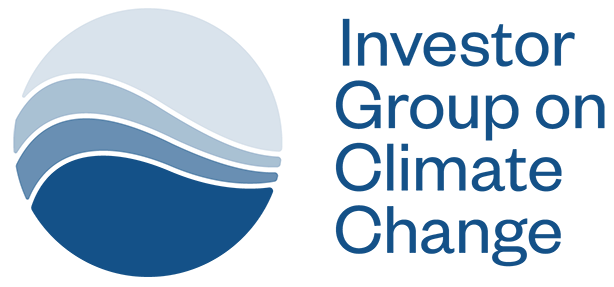
Investor Group on Climate Change (IGCC)
Cbus Super is a member of IGCC, a not-for-profit organisation that aims to accelerate progress on climate change by connecting, collaborating, and advocating on behalf of investors to support the responsible management of risks and opportunities associated with climate change, and drive sustainable returns for investors and the beneficiaries they represent.
Cbus Director and Investment Committee Chairman Stephen Dunne is chair of the IGCC.

Principles of Responsible Investment (PRI)
Cbus Super is a signatory to the PRI. The principles provide a framework for actions the investment community can undertake to incorporate ESG issues into their investment decision making. This supports our belief that responsible investment can improve long term returns for beneficiaries and align investors with the broader interests of society. Cbus reports on our responsible investment activities through the PRI Reporting Framework, annually or in accordance with PRI guidelines.

Responsible Investment Association Australasia (RIAA)
Cbus Super is a member of RIAA, which represents responsible, ethical and impact investors across Australia and Aotearoa New Zealand. RIAA is dedicated to ensuring capital is aligned with achieving a healthy society, environment and economy.
Cbus Super is recognised as a Responsible Super Fund Leader 2023 by RIAA. This acknowledges our commitment to good governance and accountability; implementation and measurement of responsible investment approaches through activities such as engagement and voting and ESG integration; proper measurement of outcomes; and our high degree of transparency.
Our portfolio wide investment exclusions
Investment Exclusions
Our approach to responsible investment primarily centres around ESG integration, investment stewardship and advocacy. However, in limited circumstances, we also apply investment exclusions, which we set out below.
For Australian or International listed shares, when Cbus Super itself (either through its internal or external investment managers) invests directly in those shares, we exclude direct investments in the following (subject to the exceptions set out further below):
- (Controversial Weapons) companies which have direct involvement in:
- the manufacturing of controversial weapons (specifically, cluster munitions, biological and chemical weapons, anti-personnel mines, depleted uranium, and white phosphorus weapons); or
- the manufacturing of components or services of the above core weapon systems where those components or services are considered essential for the lethal use of the weapon;
- (Tobacco) companies that earn 5% or more of their revenue5 from:
- the manufacturing and/or production of tobacco products; or
- the supply of tobacco-related products and services which includes electronic nicotine delivery systems, non-nicotine vaping products and e-liquids (excluding distribution and/or retail)6.
These bracketed terms are known as the Investment Exclusions.
5 Our third-party provider considers ‘revenue’ as being net revenues/external revenues/net sales/external sales (depending on how the companies report revenues), and does not include intersegmental revenue.
6 This expansion to the Tobacco exclusion was introduced in July 2024, and managers have been instructed to exit any existing holdings in companies appearing on the annual list provided by our third-party provider.
For the purposes of the Investment Exclusions, direct investment means investment in Australian or International listed shares whereby Cbus Super or its custodian (on behalf of Cbus Super) directly owns the relevant shares (and as a result, we can directly control what shares are and are not held).
For all other investments (including in the case of indirectly held Australian or International shares), we seek to apply equivalent investment exclusions where possible or relevant. This depends on the nature of the investment or the investment structure, for example:
- Investments made by investment vehicles where the investment decision making sits with a non-Cbus Super entity (such as unit trusts, funds of funds, or other pooled vehicles);
- Where Cbus Super does not directly own the underlying assets; and
- Other indirect equity and debt investments, for example through exchange traded funds (ETFs) or derivatives.
How we apply the Investment Exclusions
We obtain a list of companies to which the Investment Exclusions apply through a third-party provider7. This list of excluded companies is reviewed and updated annually, and then provided to our internal and external investment managers who invest directly in Australian or International listed shares for Cbus Super, who must then:
- Exclude new and existing direct investments in the shares in those companies; and/or
- Provide investment instructions to external investment managers which are subject to that list (for example, in the case of transition or non-discretionary investment managers).
We rely on the data provided by the third-party provider to implement the Investment Exclusions. Implementation may be affected by the accessibility and accuracy of that data, or any potential error by the third-party provider or investment manager, or operational errors caused by their respective systems or controls.
7 We currently use third-party provider, Morningstar Inc. Sustainalytics®, for identification of relevant listed companies.
Exceptions to the Investment Exclusions
There may be circumstances which result in holdings in companies which are subject to the Investment Exclusions. This may occur, for example:
- Where a merger with another fund in the future results in the acquisition of, or exposure to, holdings covered by the Investment Exclusions; or
- Where there is exposure to a newly listed company or an existing company’s revenue exposure exceeds the exclusion threshold outside of the annual review cycle undertaken by our third-party provider.
Where we have holdings in excluded companies, we will seek to exit these holdings if possible and in a manner consistent with members’ best financial interests, taking into account matters such as alternative available options, liquidity, market conditions and investment fund structure.
Tobacco free finance signatory.
Cbus Super is a signatory of the Tobacco-Free Finance Pledge.
Our key areas of focus
We have identified several key areas of focus: Climate Change, Investing in the Real Economy, Nature & Biodiversity Loss, Modern Slavery and Workplace Health and Safety. These priorities generally represent a financial risk to our portfolio, are the subject of regulation, or are closely linked to our members and the industries in which they work.
Climate change
We believe that climate change is one of the most significant challenges we face as a society today, and that tackling climate change needs to be done in partnership with a focus on real world outcomes. Climate change creates both risks and opportunities that we need to assess and understand to achieve the best financial outcomes for our members. We also need to consider how the balance of risks and opportunities may change depending on how the world responds to climate change, and how successful we are at limiting global warming.
We have developed a Climate Change Position Statement (PDF), that clearly articulates our view that a net zero transition is the best outcome for our members. This position underpins our policy advocacy work within the climate space. We have also developed a set of Climate Change Principles, which capture our beliefs across a number of key areas and are aimed at supporting our ability to manage climate change risks and opportunities, and meet our climate change goals.
We have the following set of public goals that aim to support the transition of our global economy to a low carbon future and limit global warming:
- Net zero emissions by 2050*
- Contribute to a 45% reduction in real world emissions by 2030*
- Allocate capital to climate change investments
- Engage with our priority list of Australian listed equity companies.
* These goals currently cover over 70% of our portfolio and work continues to expand our coverage to include additional asset classes. Cash and sovereign bonds are excluded from these targets.
Find out more detailed information about our climate change goals.
Our progress towards our climate change goals
Each year we disclose our climate change activities and the progress we have made towards meeting our climate goals under the Task Force for Climate-related Financial Disclosures in our Responsible Investment Supplement (PDF).
Investing in the real economy
We are committed to investing in projects and businesses that are important to our members, will make a difference in the real world, and are aligned with our members’ best financial interests.
Cbus Property
With a long history in the building and construction industry and through our wholly owned entity Cbus Property3, we own one of the most sustainable commercial property portfolios in the country as rated by NABERS.4
In aligning with our members’ interests, embedding strong ESG practices in the built environment, including the development of sustainable building and construction practices, can generate long-term, sustainable value and positively impact our members’ quality of life in retirement.
In addition, Cbus Property's office portfolio achieved net zero carbon status in 2022, eight years ahead of their 2030 target, as certified by the Climate Active Carbon Neutral Building Standard; and they again received global recognition in the annual Global Real Estate Sustainability Benchmark (GRESB) Real Estate Assessment.
3 Cbus Property Pty Ltd is a wholly-owned entity of Cbus Super and is responsible for the development and management of a portfolio of Cbus Super’s property investments.
4 Cbus Property has been recognised as an industry leader in the 2024 NABERS Sustainable Portfolios Index, which calculates a NABERS Portfolio rating for Cbus Property’s office portfolio. More details are available here Cbus Property Sustainability.
Investing in renewable infrastructure
We have invested in several wind and solar energy opportunities in Australia and overseas and we are working with governments and our industry partners to identify further opportunities to invest in Australia’s energy transition. Examples include our investments in Star of the South, Australia’s most advanced offshore wind project.
Social and affordable housing
We have a long history in advocating for and investing in social and affordable housing. We’re currently one of the largest individual supporters of Housing Australia’s bond issuances. These investments not only support new home developments for vulnerable Australians, they support the economy through job creation and deliver strong risk-adjusted returns for our members.
Nature and Biodiversity Loss
We believe that nature and biodiversity loss present significant financial risks to our portfolio, our economy and society. The issue is also closely connected to climate change, meaning that efforts to protect and restore nature and biodiversity can help us address this other substantial source of risk.
Modern Slavery
We report against the Modern Slavery Act, which aims to increase business awareness of the risks of modern slavery in the production and supply chains of Australian goods and services, and work to minimise the risk of modern slavery in our operations and supply chains. This includes engaging with and alongside likeminded investors and companies about modern slavery risk management. You can view our most recent Modern Slavery Statement (PDF).
Workplace Health and Safety
Safety disclosures and practices provide insights into a company’s operational performance and culture. Serious safety incidents have a significant personal cost to employees and their families and financial costs to employers. They can impact productivity and performance and expose the company to compensation, litigation, and reputational damage. Safety considerations form part of the due diligence process for relevant assets, risk committee reporting, and our engagement with companies, which helps inform our voting.
Sustainable Development Goals (SDGs)
Each year we indirectly contribute to a range of SDGs through acting in our members’ best financial interests. Our contributions are made through our commitment to our members and the industries they work in, being an employer of choice, through our investments, and engaging and advocating across our portfolio-wide ESG priorities.
The SDGs where we believe can contribute are:
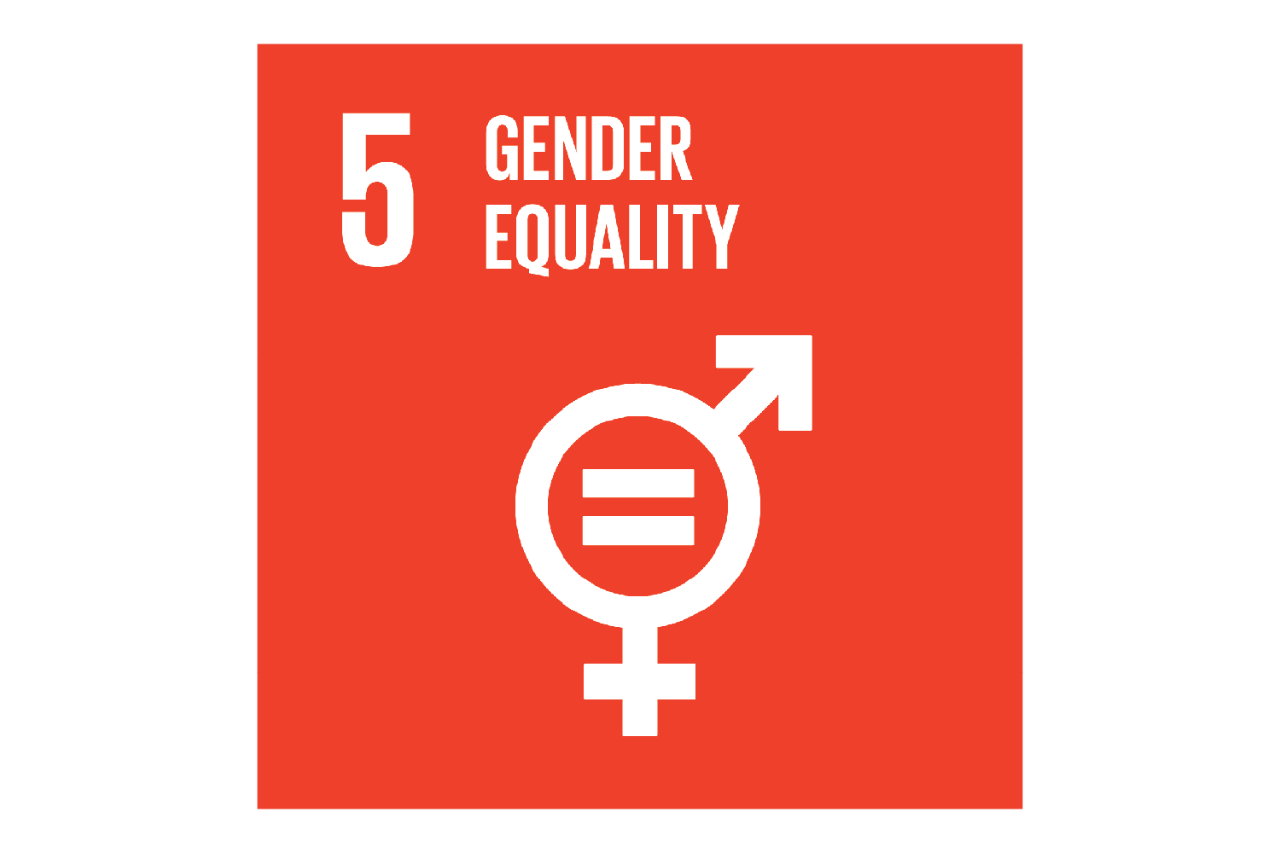
5. Achieve gender equality and empower all women and girls.
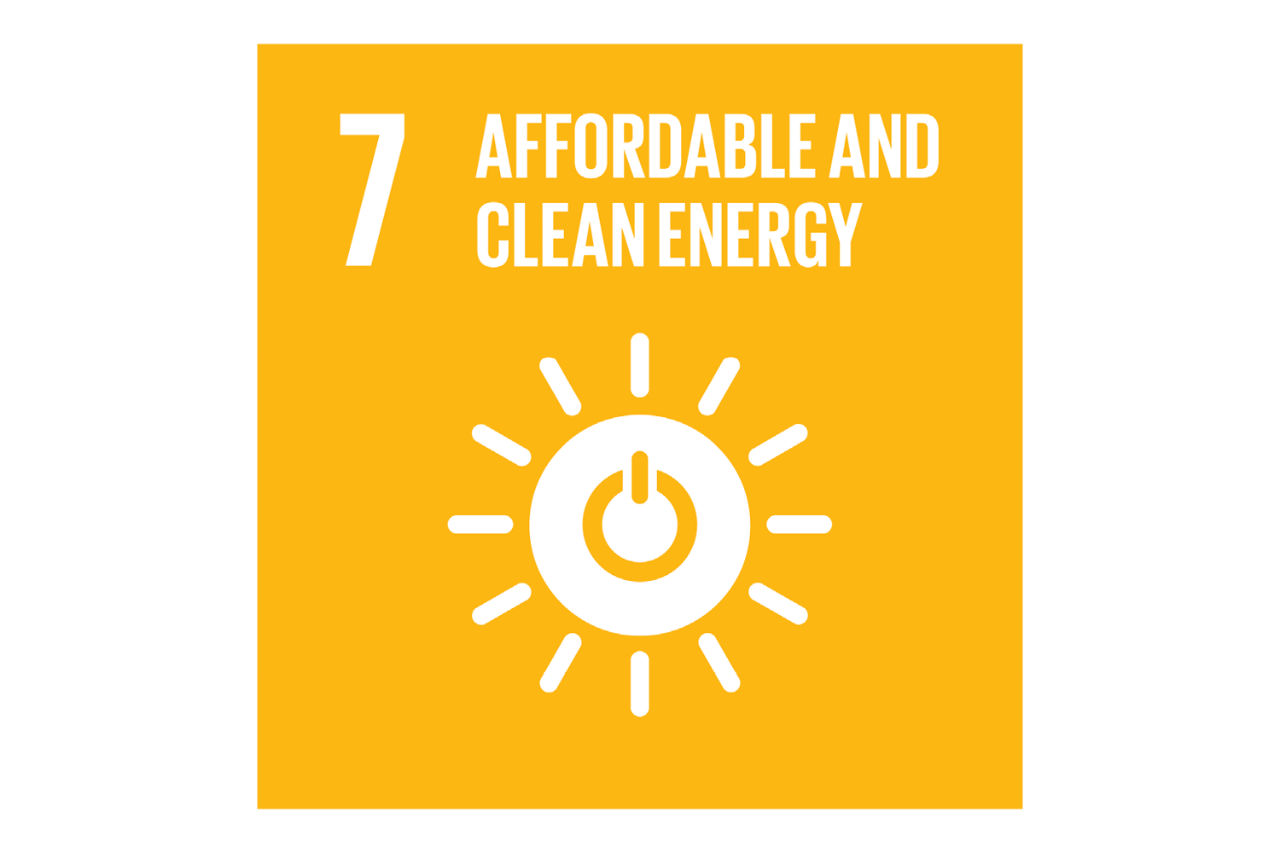
7. Ensure access to affordable, reliable, sustainable and modern energy for all.
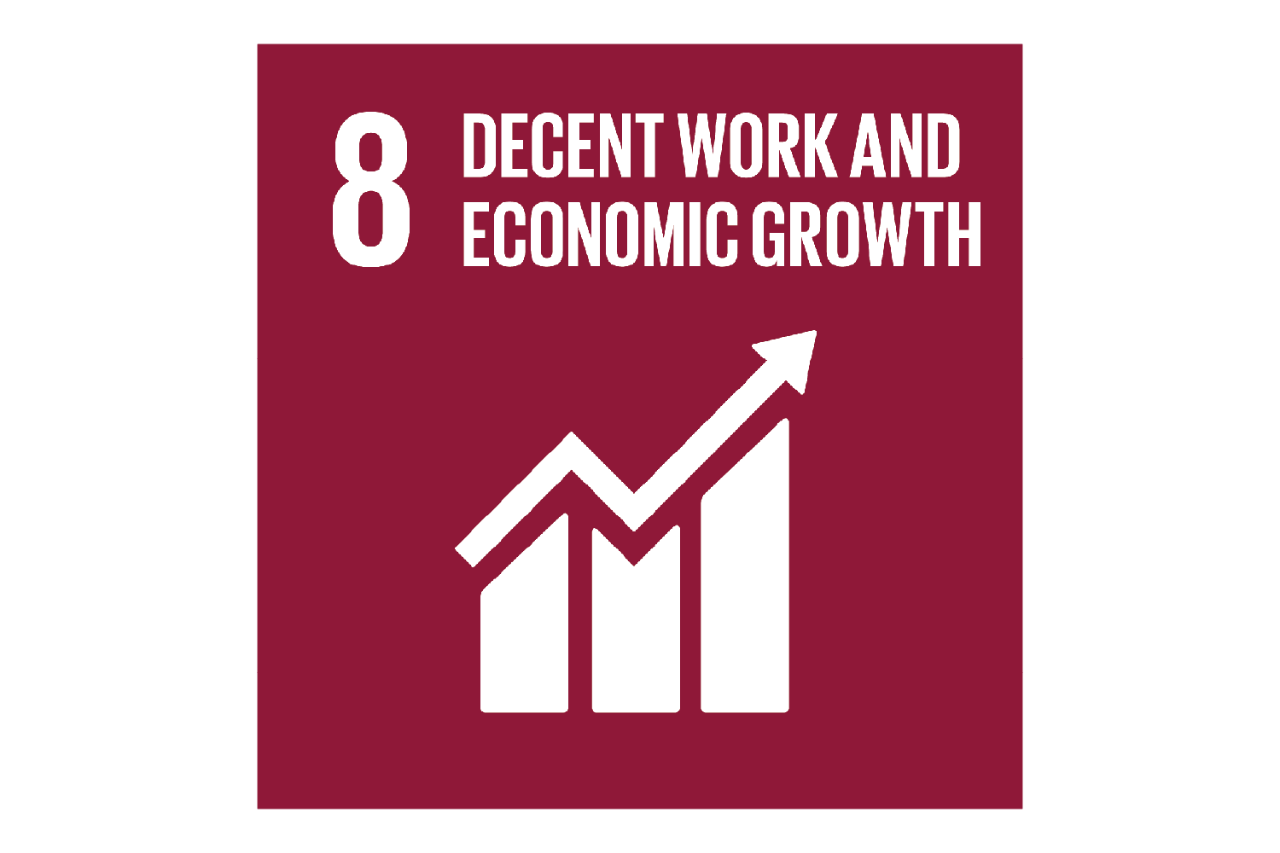
8. Promote sustained, inclusive and sustainable economic growth, full and productive employment and decent work for all.
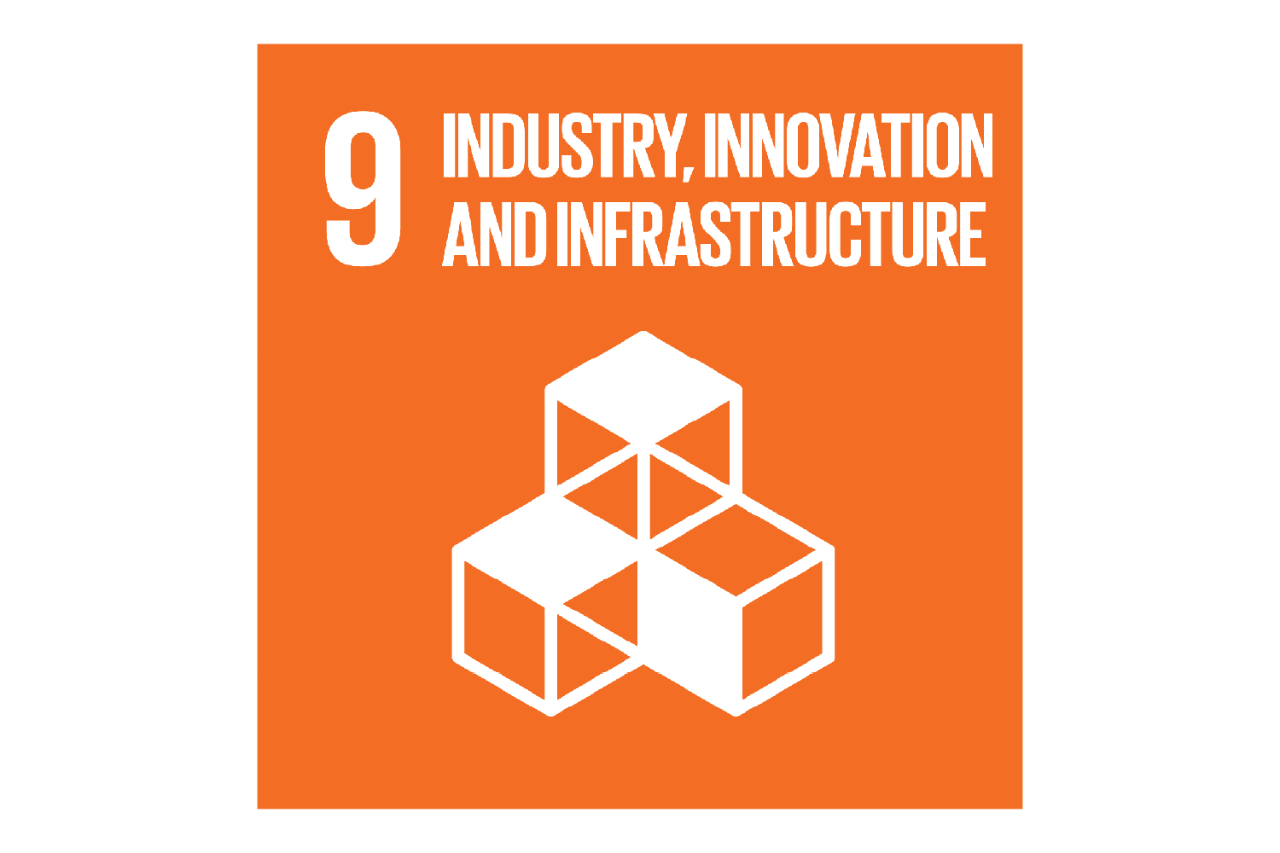
9. Build resilient infrastructure, promote inclusive and sustainable industrialisation and foster innovation.
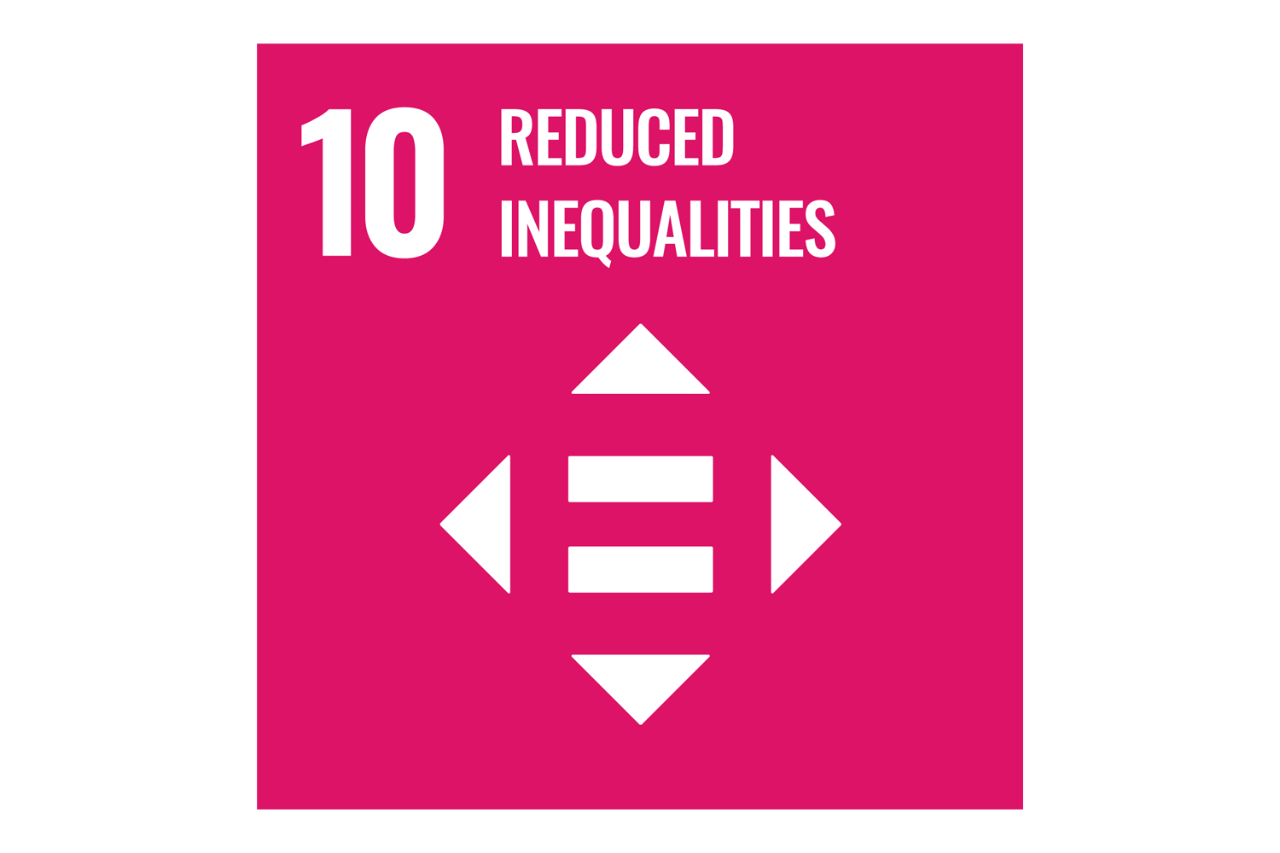
10. Reduce inequality within and among countries.
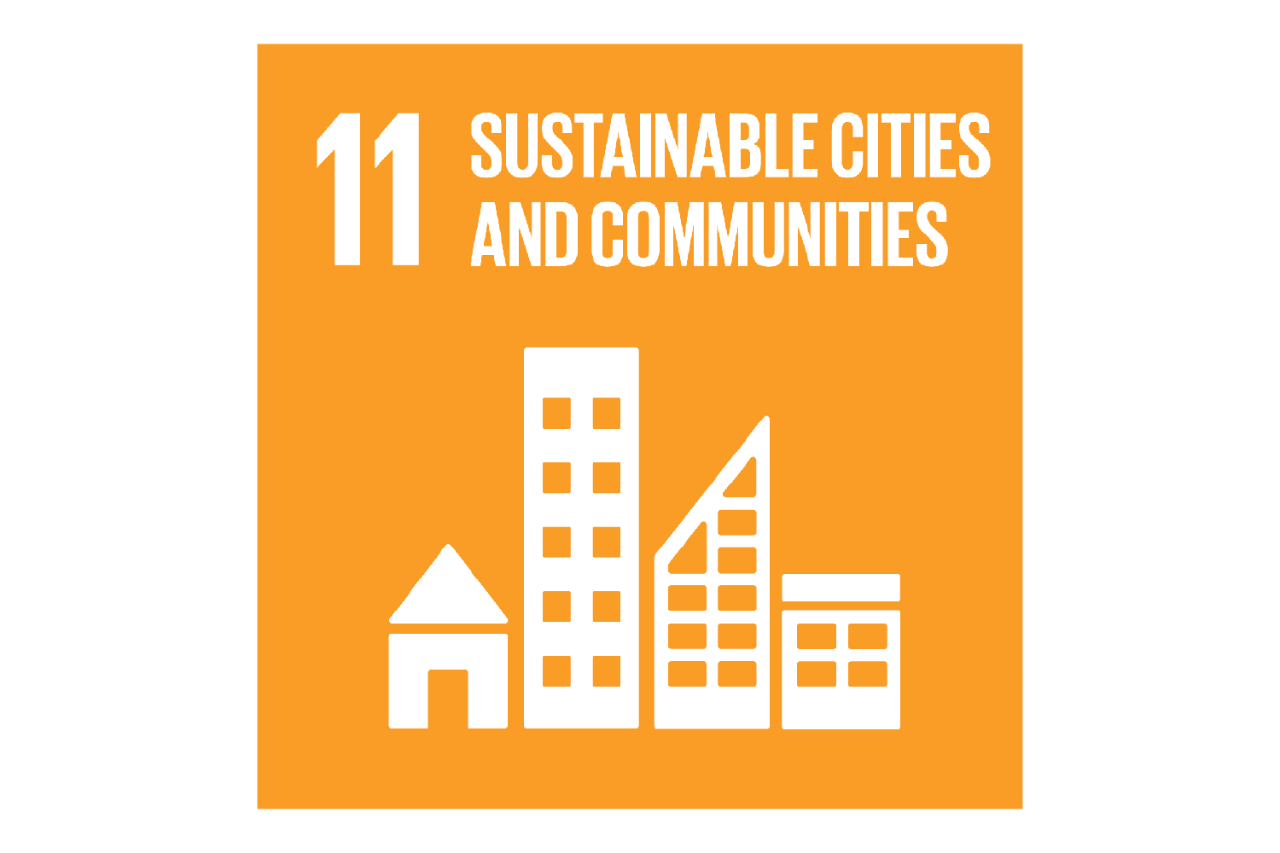
11. Make cities and human settlements inclusive, safe, resilient and sustainable.
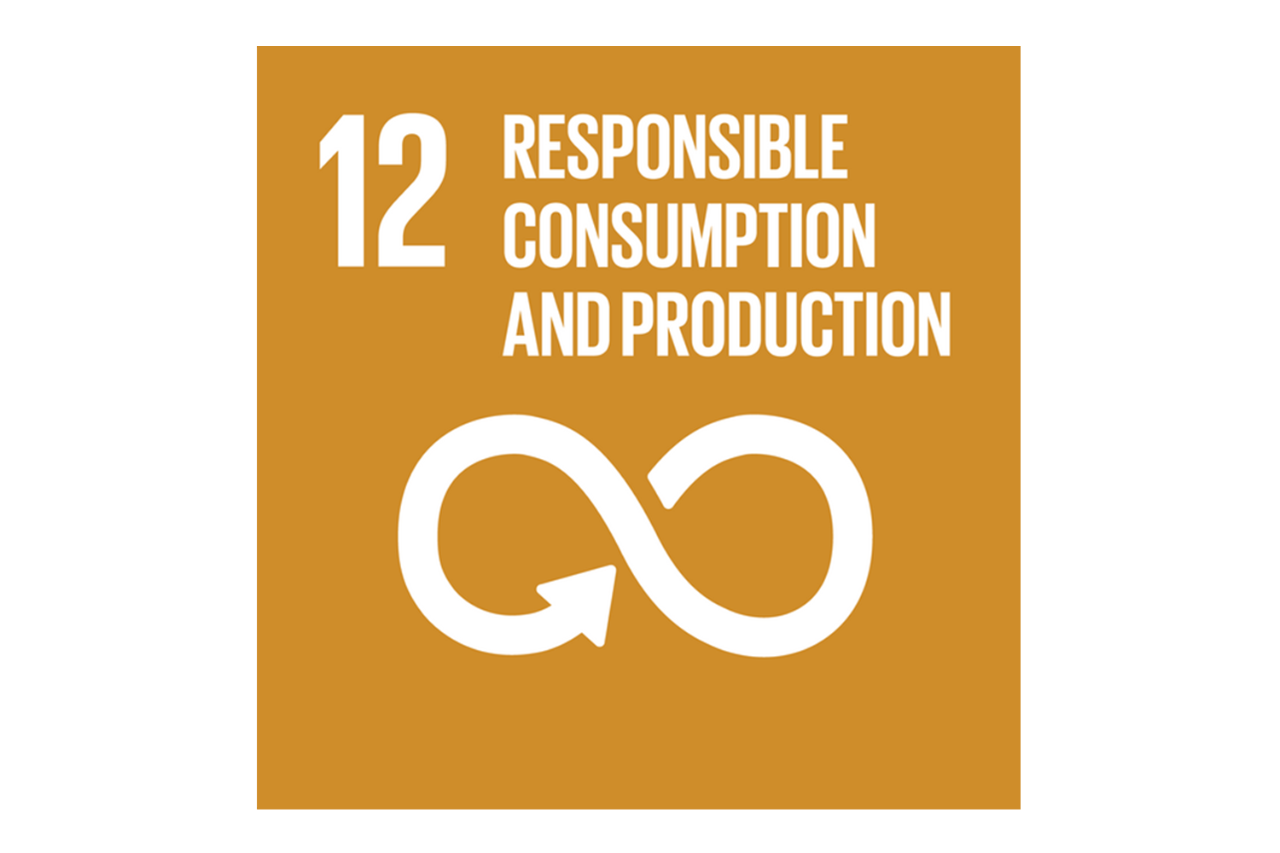
12. Responsible consumption and production.

13. Take urgent action to combat climate change and its impacts.
For more information on how we aim to contribute to the SDGs and our progress, see our Responsible Investment Supplement (PDF).
Being transparent
Transparency
We measure our activities and report on our progress, so our members can be confident that we do what we say we do.
You can read more about our responsible investment activities and outcomes in:
- Cbus Super Annual Integrated Report 2024 (PDF)
- Responsible Investment Supplement 2024 (PDF) which has been independently reviewed and verified through an external limited assurance process.
- Our 2023 PRI Transparency report (PDF), and our 2023 PRI Assessment report (PDF). Cbus Super is a PRI Signatory and for 2023, Cbus Super’s transparency and assessment results showed we were above the median for all nine PRI modules against our global asset owner peers with Funds Under Management (FUM) of between A$50b to A$250b.
Cbus Super is proud to be named a 2025 Rainmaker ESG Leader
The ESG Leader Rating is earned by super funds that perform Environmental, Social and Governance (ESG) principles to a high level, while having a track record of strong investment performance.
The assessment considers whether funds have declared a strong commitment to ESG principles and are transparent about their operations, voting and investments.
View our awards and ratings.
